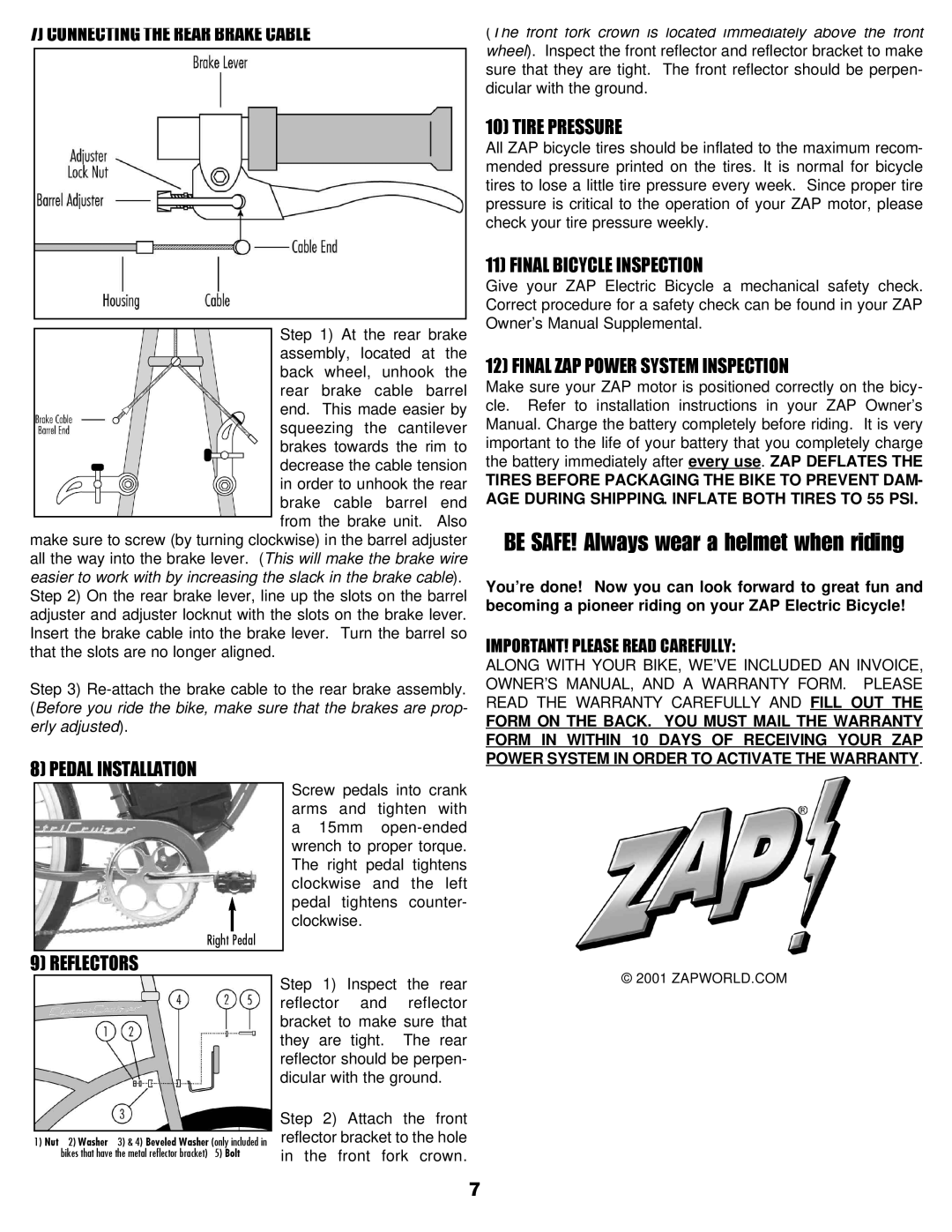DX specifications
Zap DX is an innovative low-code platform designed to empower both developers and non-developers to create and manage applications with ease. This platform stands out in today's rapidly evolving technology landscape due to its user-friendly interface and robust features, making it an ideal choice for organizations looking to accelerate their digital transformation.One of the main features of Zap DX is its drag-and-drop interface, which allows users to design applications without the need for extensive coding knowledge. This feature encourages collaboration between cross-functional teams, enabling designers, business analysts, and developers to work together seamlessly. The platform supports various form types, data structures, and integrations, making it versatile for numerous use cases, from simple forms to complex enterprise applications.
Zap DX leverages a range of advanced technologies that enhance its capabilities. Built on a cloud-native architecture, it offers scalability and flexibility, allowing businesses to scale their applications as needed without worrying about infrastructure limitations. The platform’s integration capabilities are noteworthy, as it supports APIs and multiple third-party applications, enabling seamless data flow and interoperability. This makes it easy to connect with existing systems and enhance overall productivity.
Security is a top priority for Zap DX, and the platform incorporates enterprise-grade security measures, including data encryption, user authentication, and role-based access controls. This ensures that sensitive information is protected while giving organizations the ability to control user permissions effectively.
Another characteristic that sets Zap DX apart is its analytics and reporting features. Users can gain valuable insights into their applications through built-in analytics tools, which track user interaction, performance metrics, and application usage. This data-driven approach allows for continuous improvement and optimization, ensuring that applications remain efficient and effective.
Additionally, Zap DX offers extensive documentation and support resources, making it easier for users to find answers and enhance their skills. The community support adds another layer of assistance, facilitating knowledge sharing and collaboration among users.
In summary, Zap DX combines ease of use, powerful features, and robust technology to provide a comprehensive low-code solution for modern application development. Its focus on collaboration, security, analytics, and scalability makes it a compelling choice for organizations looking to innovate and streamline their processes.

